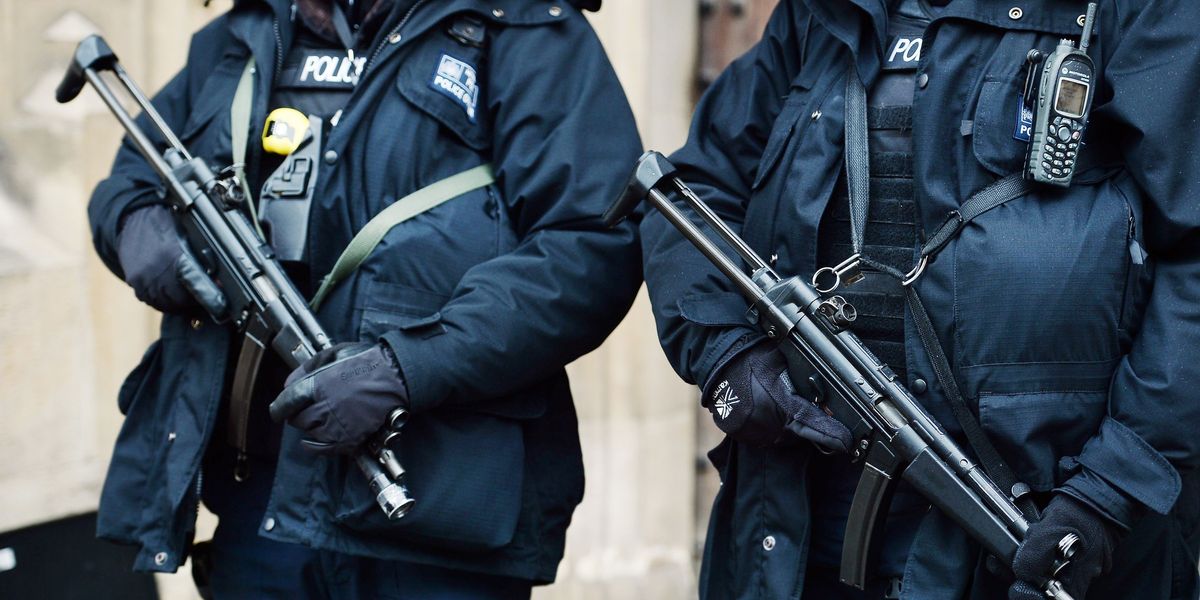The Crisis in Firearms Policing: A Closer Look at the Chris Kaba Case and Its Aftermath
In recent months, the landscape of firearms policing in the UK has been shaken by the controversial case of Chris Kaba, a known gang member who was shot and killed by police in September 2022. This incident has not only raised questions about the use of lethal force but has also led to a significant shift in the operational dynamics of firearms officers, particularly those outside of London. A report detailing the aftermath of the Kaba case reveals a troubling trend: firearms officers from other regions are increasingly hesitant to assist their London counterparts, fearing for their safety and the potential repercussions of their involvement.
The Impact of the Chris Kaba Case
The shooting of Chris Kaba has become a flashpoint in discussions about police accountability and the use of firearms. Following the incident, former firearms officer Martyn Blake was charged with murder but later acquitted by a jury. This case has left a lasting impact on the morale and confidence of firearms officers, particularly in London, where the risks associated with armed policing are perceived to be higher. The fear of legal repercussions and public scrutiny has created an environment where officers are reluctant to engage in high-stakes situations, leading to a potential crisis in public safety.
Reluctance Among Firearms Officers
Minutes from a recent meeting of the National Police Chiefs’ Council (NPCC) reveal that firearms officers outside of London are now hesitant to step in and assist their colleagues in the capital. While they remain prepared to carry weapons in their own jurisdictions, there is a pervasive belief that they would not receive adequate support if they were to engage in operations in London. This reluctance is compounded by concerns about the legal and professional ramifications of their actions, particularly in light of the Kaba case.
The NPCC minutes highlighted that many officers do not wish to be pursuit-trained and lack confidence in their ability to discharge their duties effectively. This lack of confidence is alarming, as it directly impacts public trust in policing. If officers are unwilling to act decisively in critical situations, the safety of the communities they serve may be compromised.
The Role of Military Support
The situation has escalated to the point where military personnel were put on standby last year to assist with counter-terrorism duties in London after a significant number of officers chose to down their weapons. This reliance on military support raises serious questions about the capacity and readiness of the police force to handle firearms incidents effectively. The NPCC has discussed contingency plans to address potential walkouts, recognizing that the usual reliance on mutual aid may not be sufficient in times of crisis.
One officer quoted in the NPCC minutes expressed the dilemma faced by firearms officers: “They do not want to put their officers in jeopardy but, also, they have their own public in their own geographical area to protect.” This statement underscores the complex balancing act that police forces must navigate in ensuring public safety while also safeguarding their officers.
Government Response and Reassurance
In an effort to address the growing concerns among firearms officers, Home Secretary Yvette Cooper announced measures aimed at protecting marksmen from prosecution in certain circumstances. This announcement was met with cautious optimism from Simon Chesterman, the NPCC lead for armed policing, who noted that the government’s commitment to accountability has helped to stabilize the situation. However, he acknowledged that officers outside of London remain reluctant to assist Scotland Yard, citing a widely held perception that the risks in London are significantly greater.
Chesterman’s comments highlight the ongoing challenges faced by firearms officers in navigating the complexities of their roles. The perception of heightened risk in London, combined with concerns about support and accountability, has created a climate of uncertainty that could have far-reaching implications for public safety.
Conclusion: A Call for Reform
The aftermath of the Chris Kaba case has illuminated critical issues within the realm of firearms policing in the UK. As officers grapple with the implications of their actions and the potential for legal repercussions, it is essential for police leadership to implement reforms that bolster support for firearms officers across the country. The NPCC’s acknowledgment of the need for improved support packages is a step in the right direction, but more comprehensive measures are necessary to restore confidence among officers and the public alike.
In a time when public trust in policing is paramount, it is crucial that firearms officers feel empowered and supported in their roles. Only through meaningful reform and open dialogue can the police force navigate the complexities of modern policing and ensure the safety of both officers and the communities they serve.
